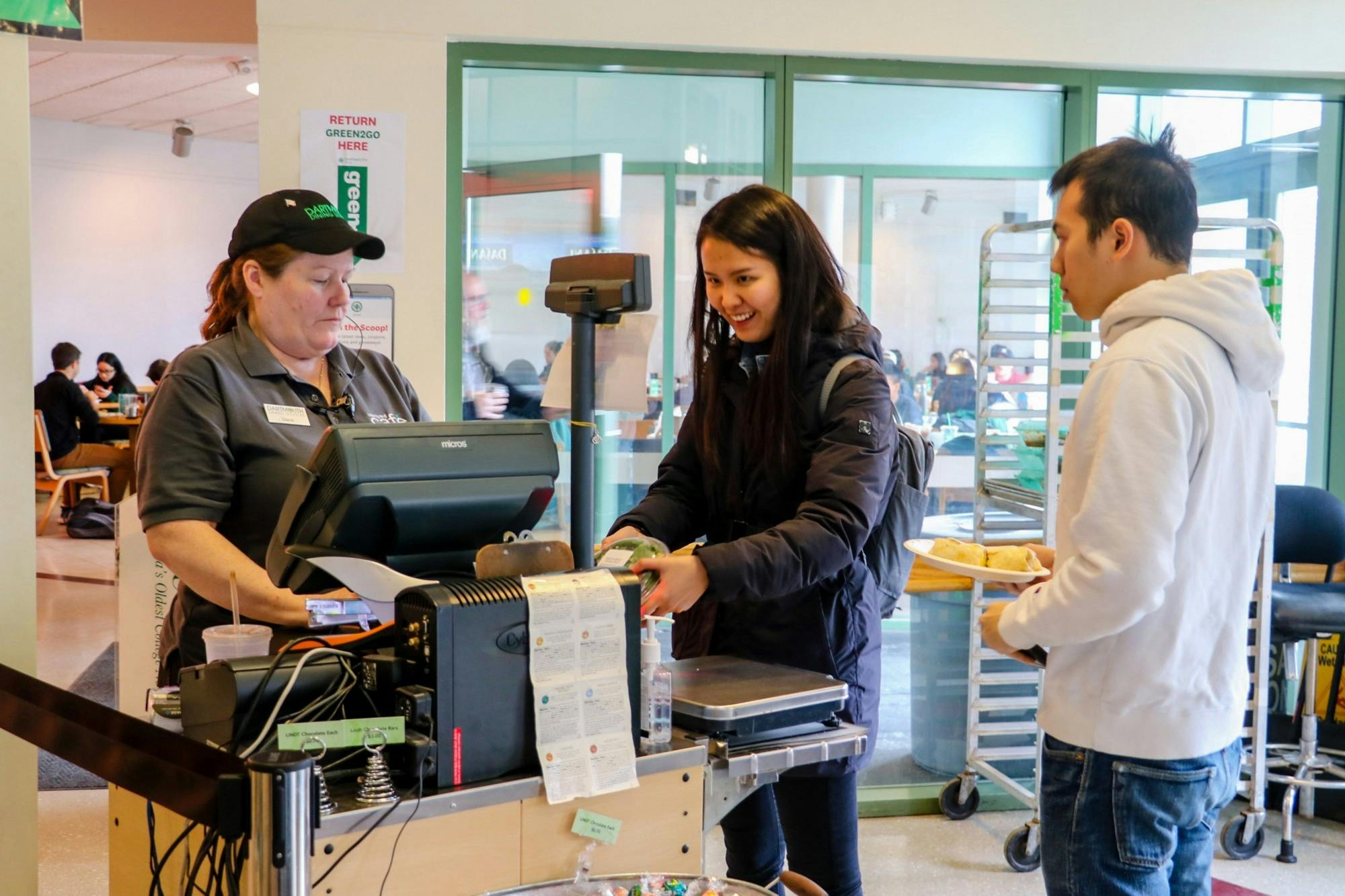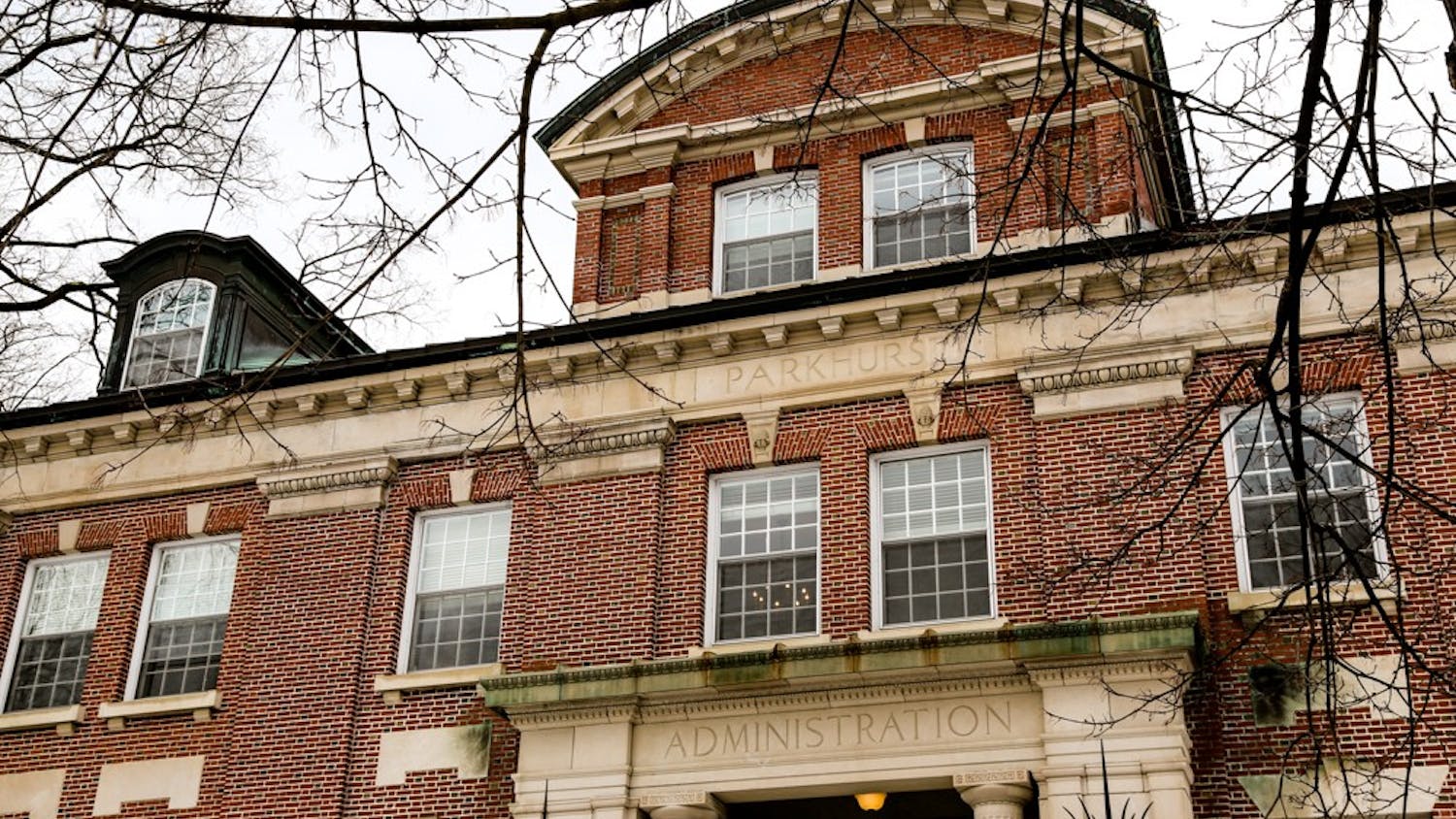As vaccination ramps up across the U.S., all College employees who are working from home will be expected to return to on-campus work by the fall.
In an email sent to the Dartmouth community on Feb. 23, Provost Joseph Helble and executive vice president Rick Mills announced that the College anticipates that all employees who are working remotely will return to on campus work “around” Sept. 1.
Helble and Mills wrote that there would be a “transition period” and “staggered start dates” for employees to return to work, depending on the “nature of their work.” They added that some employees may also be asked to return to campus “temporarily” throughout the spring and summer to assist with important events or activities. For example, some employees may return to in-person work to help with Commencement and spring move-out, Mills said in an interview.
Mills said that some staff that are “necessary” for on-campus operations, such as dining workers and lab technicians, have already returned to on-campus work. Most workers in the Local 560 Branch of the Service Employees International Union — the largest union on Dartmouth’s campus with members in departments such as custodial services, Dartmouth Dining Services and Safety and Security — returned to work on campus last summer.
However, all other employees are currently being asked to work from home unless they have a “particular” reason to work on campus, Mills said.
Mills noted that while the COVID-19 Task Force has not yet issued new guidance about the vaccine and whether it will be required for a return to in-person work, there are “active discussions” on what a vaccination policy for employees might entail. Some staff who have been vaccinated, he added, have already expressed interest in returning to in-person work.
Some offices are currently working with a limited staff presence but are preparing for the full transition back to in-person work. For example, Office of Visa and Immigration Services director Susan Ellison wrote in an email statement that while it is “too soon” to know how OVIS will operate beyond the upcoming summer, some staff are going into the office on a “regular basis” to assist with the needs of international students.
“Staff are going into the office to send mail and immigration documents to international students and scholars, and to file immigration petitions and applications with the federal government,” Ellison wrote. “We’re also continuing to conduct advising via Zoom and phone at this time.”
Similarly, Student Wellness Center director Caitlin Barthelmes said that since last fall, the SWC has maintained a “scaled-back physical presence” on campus, with the goal of having at least one staff member present with whom students can talk. She added that with the “warming weather,” more staff may come in throughout the spring and summer to lead in-person, outdoor programming like yoga and mindfulness sessions.
“Some of our staff come in more regularly, others come in a bit more spontaneously,” Barthelmes said. “However, as of right now, the majority of our staff are continuing to work remotely.”
While all staff will be asked to return to in-person work by September, some new opportunities may open up for full-time remote work arrangements, Mills said, adding that departments and offices within the College may continue to “experiment” with remote work policies.
“Some of our staff have said that remote work is something that really works for them, and many other employers, including those in higher education, are also thinking about permanent remote work positions,” he said. “While I don’t think we’ll have a universal policy, we need to be flexible and willing to see how this could work going forward.”
Mills added that creating new remote work positions could help with recruiting workers from across the U.S. and around the world who might not be willing to move to the Upper Valley. However, he also mentioned that legal and tax complications may arise with having employees working full-time in different states and countries.
Barthelemes said that while some employees of the SWC already had “alternative work arrangements” with part-time remote work prior to the pandemic, the Center will be evaluating some of the potential benefits of expanding remote work, even in a temporary capacity.
“I don’t know if there will be drastic changes, but we’re going to work with our staff to see what can help them work more efficiently and effectively going forward,” she said.




